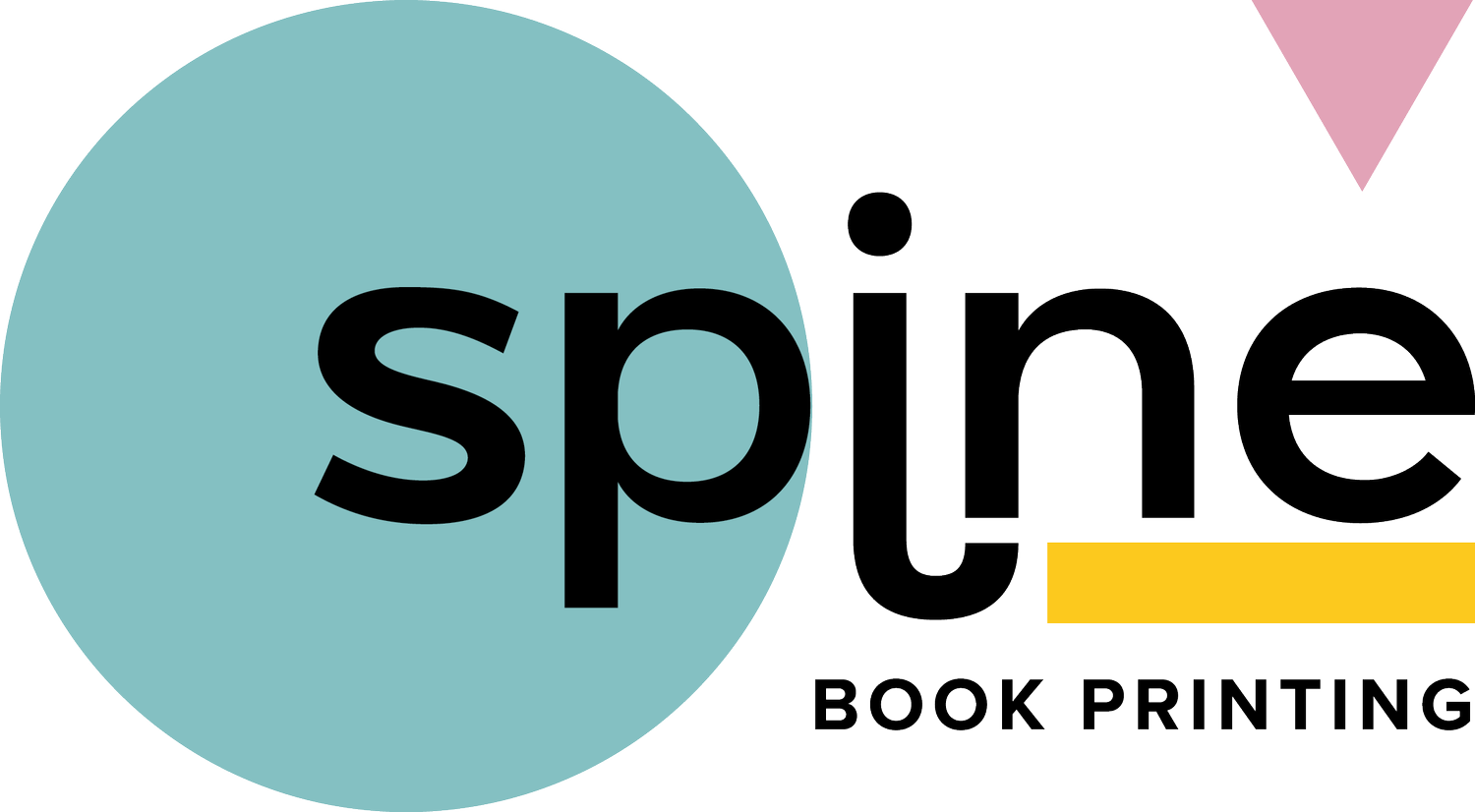Writer's Block: Try These Problem-Solving Techniques
Writer's block is a common foe, lurking in the shadows of many a writer's journey. It sneaks up unannounced, turning once flowing words into stubborn silence. But don't worry, overcoming this obstacle can open doors to new ideas and ignite your creativity. Whether you're working on your next novel, drafting an article, or simply trying to jot down your thoughts, tackling writer’s block is a step that can significantly enhance your productivity.
Imagine feeling stuck, staring blankly at a page while ideas seem just out of reach. It’s frustrating, isn't it? But facing writer’s block is a shared experience among writers. Overcoming it not only helps in getting words on paper but also stimulates your creativity, leading to more engaging and thoughtful content. We’ll explore some practical techniques designed specifically to help you break free from this creative standstill.
Identify the Root Causes
Before you can tackle writer's block, it's helpful to understand what's causing it. There are several reasons why this block might strike, ranging from stress and external pressures to simply lacking motivation. Recognising what triggers your block can be the first step in finding an effective way to overcome it.
Here are some common causes to consider:
- Stress: High stress levels can create mental barriers, making it tough to focus on writing.
- Lack of Motivation: Without a sense of purpose or interest, inspiration might take a backseat.
- External Pressures: Deadlines and expectations, whether self-imposed or from others, can add to the weight.
To illustrate, let’s say you’re under pressure to finish a chapter for an upcoming critique. The looming deadline can become a source of anxiety, turning what was once an enjoyable task into something overwhelming. By taking a step back to pinpoint such causes, you can start to develop strategies that ease this pressure and help words flow freely again.
Creative Exercises to Spark Ideas
When faced with writer's block, sometimes the solution is to kickstart creativity with some engaging exercises. Start by trying writing prompts. These are short, open-ended scenarios or questions that encourage you to write freely. They're great for getting the gears turning without the pressure of perfection. For instance, take a simple phrase like "The hidden path led..." and let your imagination run wild. Another method is freewriting. Set a timer for ten minutes and write without stopping about anything that comes to mind. This exercise helps bypass the critical voice in your head that can halt progress.
Changing your routine can also open up new perspectives. Experiment with different writing forms or genres. If you've always written fiction, dabble in poetry or even scriptwriting. Discovering new styles can refresh your outlook and reignite your passion. Additionally, give yourself permission to switch up your environment. A new setting can provide a breath of fresh air and inspire new ideas. Choose a park, a cafe, or any place distinct from your usual writing spot. Sometimes, a change of scenery is all you need to unearth hidden inspiration.
Establishing a Routine
A consistent routine can help eliminate the unpredictability of writer's block. Start by defining specific times for writing. This not only sets a rhythm but also conditions your mind to be ready to write during those periods. You could dedicate an hour each morning or perhaps every evening. What matters is turning it into a habit.
Designing a dedicated writing space is just as crucial. A cluttered space might lead to a cluttered mind. Keep this area organised and filled with objects that inspire creativity. Also, don't forget to set achievable writing goals. Breaking larger projects into smaller tasks makes them more manageable and less daunting. For instance, instead of aiming to finish a chapter, focus on writing one page or even a paragraph. Progress is progress, no matter the size.
Seeking Support and Feedback
Being part of a community can be invaluable. Joining writing groups provides a network of support and motivation. Sharing experiences and challenges with others can offer fresh perspectives and solutions you might not have considered. These groups are also excellent sources of constructive feedback.
Feedback from peers or mentors helps in refining your craft. It offers insights into how others perceive your work, which can be instrumental in growth. If face-to-face interaction isn't feasible, consider joining online workshops or seminars. They can provide both education and community, bringing together writers of various backgrounds willing to share their knowledge and support.
Embracing the Creative Journey
You've now got a toolbox of techniques to tackle writer's block and fuel your writing journey. From identifying the root causes to engaging in creative exercises, and establishing a solid routine, you’ll find these strategies helpful in moving past creative roadblocks. Getting feedback from a community adds another layer of growth, truly rounding out the support needed for a writer.
Keep in mind that every writer faces challenges. The key is to persist, adapt, and be open to trying new methods. With perseverance, each block becomes a stepping stone to better writing. Embrace these moments as part of your growth, and soon, the rewards will be evident in the flow and quality of your words.
To take your writing to the next level and ensure your work stands out, consider the quality of print options available to you. Whether you're crafting a paperback novel or another format, finding the right partner is key. Explore what experienced book printers can offer through Spine Book Printing to bring your words to life with precision and care. Let us help turn your stories and ideas into beautifully crafted books that reflect your hard work and creativity.

